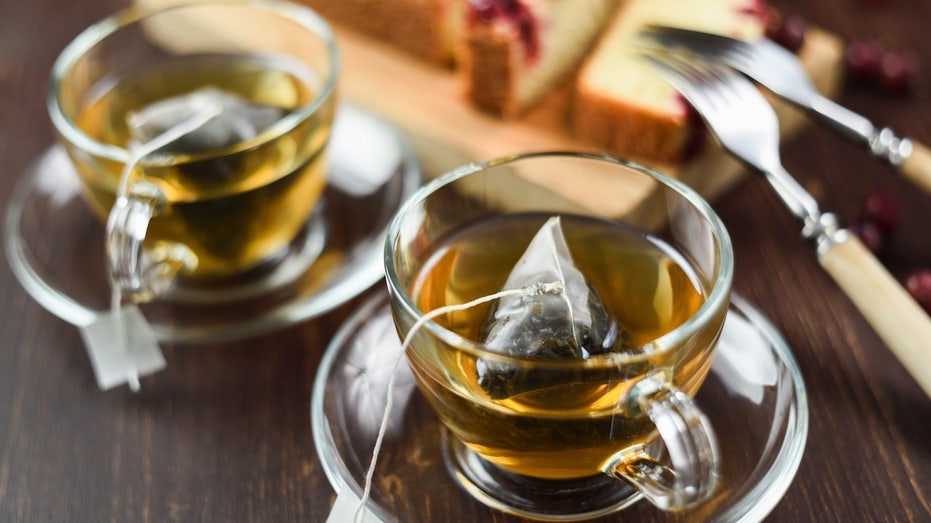Sip Away the Toxins: Brewing Tea Proven to Remove Heavy Metals from Water

Sarah Johnson
March 1, 2025
Brief
A Northwestern University study finds that brewing tea can remove up to 15% of lead from water, as tea leaves absorb heavy metals during steeping.
Tea isn't just a comforting beverage; it turns out it's a bit of a detoxifier too. A new study from Northwestern University reveals that brewing tea can remove harmful heavy metals from drinking water.
The study, published in ACS Food Science & Technology, found that brewing a typical cup of tea – think one tea bag in a mug of water, steeped for three to five minutes – can eliminate about 15% of lead.
Researchers discovered that during the brewing process, tea leaves absorb heavy metals like lead and cadmium, preventing them from contaminating the water. Benjamin Shindel, the study’s lead author, told Fox News Digital that the longer the tea steeps, the greater the reduction in metal content.
"Any tea that steeps for longer or has higher surface area will effectively remediate more heavy metals," Shindel said. "Some people brew their tea for a matter of seconds, and they are not going to get a lot of remediation. But brewing tea for longer periods or even overnight – like iced tea – will recover most of the metal or maybe even close to all the metal in the water."
The researchers experimented with different types of tea, tea bags, and brewing methods, assessing their ability to absorb lead, chromium, copper, zinc, and cadmium. They found that this absorbent effect was consistent across various tea types, even with wood-derived tea bags.
Cellulose tea bags outperformed cotton and nylon bags in absorption, thanks to the "high active surface area" of tea leaves, making them ideal for capturing these materials.
"Tea leaves with greater surface area, through processing or grinding, may see slightly more metal remediation as well," he added. "Just put the leaves in your water and steep them, and they naturally remove metals."
Shindel noted they were surprised by the effects seen after just a short time.
"We weren't sure whether to expect any meaningful reduction in metal content during the short times that most people brew their tea," said Shindel.
"We were surprised that even after just a couple of minutes, we were able to see a small but significant amount of metal remediation during the preparation of tea."
Despite these encouraging results, the researchers advise against relying solely on tea to purify water.
"We're also not public health researchers, so it remains to be seen if the levels of lead reduction we've observed in our study will translate to population-wide health benefits," said Shindel.
"However, I think it's useful for people to know that brewing tea will, on the margins, reduce one's consumption of lead content — and perhaps other toxins — from drinking water."
Shindel suggests that these findings might explain why populations with higher tea consumption tend to have lower rates of heart disease and stroke.
"Across a population, if people drink an extra cup of tea per day, maybe over time we’d see declines in illnesses that are closely correlated with exposure to heavy metals," he said.
John Rumpler, clean water program director for Environment America, emphasized the high toxicity of lead for children, noting its widespread contamination in drinking water, even in schools and child care centers.
"While I can't quite read the tea leaves on this new study, we know there are filters certified to remove lead from drinking water," Rumpler went on.
"Schools and child care centers should be replacing old fountains with lead-filtering water stations and replacing lead pipes wherever they can."
The study was partially supported by the U.S. Department of Energy and the Paula M. Trienens Institute for Sustainability and Energy.
Topics
Editor's Comments
Okay, so maybe my obsession with tea isn't just a cozy habit—it's practically a public service! Seriously though, it's wild to think something as simple as brewing a cuppa could help reduce exposure to heavy metals. Every little bit counts, right?
Like this article? Share it with your friends!
If you find this article interesting, feel free to share it with your friends!
Thank you for your support! Sharing is the greatest encouragement for us.



